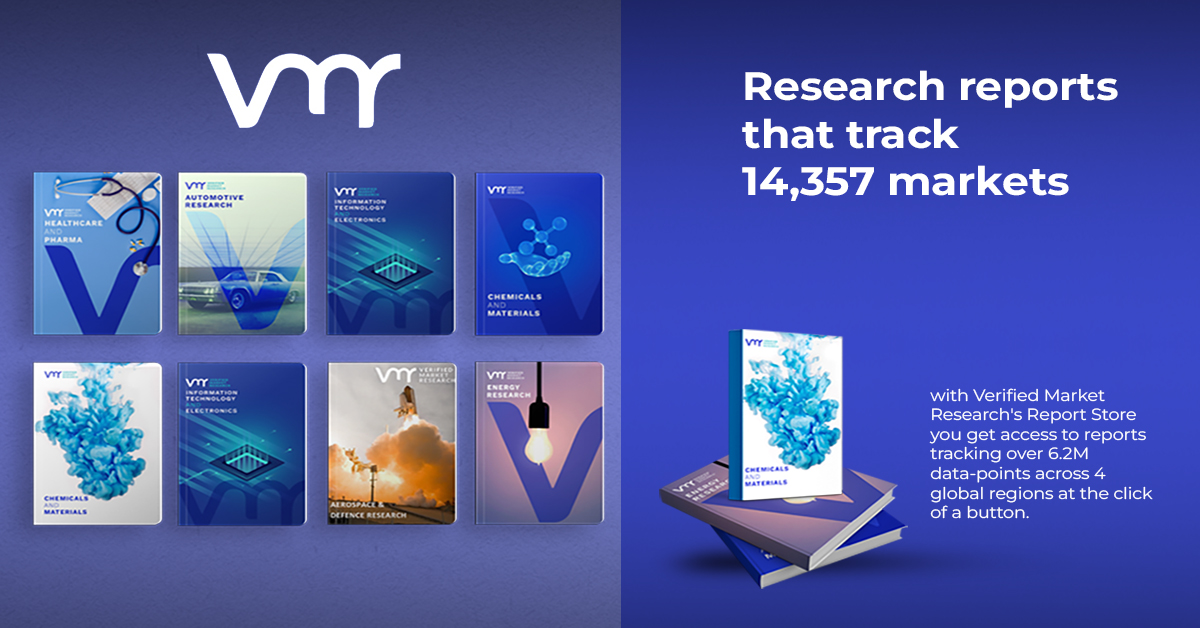Latest Key Developments in the Mammography Market
The mammography market, a cornerstone in breast cancer detection and prevention, continues to evolve rapidly. With significant advancements in technology, increasing investments in cancer research, and a growing focus on early detection, this market is poised for sustained growth. Below, we delve into the latest developments shaping the industry and their implications.
Technological Advancements Driving Growth
Digital Breast Tomosynthesis (DBT)
Digital Breast Tomosynthesis, also known as 3D mammography, is transforming the diagnostic landscape. Unlike traditional 2D systems, DBT generates a layered view of breast tissue, improving the detection of abnormalities. This technology has gained traction in public health programs worldwide due to its higher accuracy rates in early cancer detection. Hospitals and diagnostic centers are increasingly adopting these systems, as evidenced by their growing market share
Artificial Intelligence (AI) and Machine Learning (ML)
AI and ML are revolutionizing mammographic screening. These technologies enhance the accuracy of tumor detection and reduce radiologists’ workloads. AI-driven Computer-Aided Diagnosis (CAD) tools are particularly noteworthy, enabling more precise readings and quicker decision-making. Companies like Hologic and Siemens Healthineers are at the forefront, integrating AI capabilities into their imaging solutions
Product Innovations
Manufacturers are rolling out cutting-edge products to meet market demand. For instance, Fujifilm’s “Harmony” Innovality system, launched in 2021, combines high-quality imaging with minimal radiation exposure. This innovation highlights a broader industry trend toward safer, more efficient mammography solutions
Market Dynamics: Demand, Investments, and Challenges
Rising Demand for Breast Cancer Screening
Breast cancer remains the most common cancer among women globally. In the U.S. alone, invasive breast cancer cases have increased by approximately 0.5% annually since the early 2000s, with over 290,000 cases expected in 2023. This high prevalence underscores the importance of early detection, fueling demand for advanced mammography systems
Investments in Cancer Research
Governments and private organizations are intensifying their investment in breast cancer research. Initiatives such as the Breast Cancer Research Foundation’s $47.5 million funding for 2021-22 underline the commitment to innovation. These funds support diverse projects, from exploring cancer cell biology to developing novel treatment modalities, which indirectly boost the mammography market
Barriers to Growth
Despite these advancements, the market faces notable challenges:
- Error Rates: Mammograms are prone to interpretation errors, with studies indicating a 10-30% miss rate for malignancies. Addressing these inaccuracies remains a priority
- High Costs: Digital systems and 3D mammography machines are expensive, limiting adoption in low-resource settings. Additionally, maintenance costs, such as replacing detectors, further burden healthcare providers
Key Market Segments
By Product Type
- Digital Systems: Dominating the market with a 46.8% share in 2023, digital systems are preferred for their precision and efficiency. The segment is expected to maintain its leadership with innovations like Full Field Digital Mammography (FFDM) systems.
- 3D Systems: Growing rapidly due to superior diagnostic capabilities and favorable reimbursement policies. Their adoption in public screening programs is a significant driver
By Technology
- Digital Mammography: Holding an 80.9% market share in 2023, this technology offers faster imaging and superior diagnostic outcomes compared to film-based methods. Its widespread adoption is attributed to ease of use, better image manipulation, and enhanced cancer detection
Regional Insights
North America
The U.S. leads the mammography market due to a high breast cancer incidence rate and robust healthcare infrastructure. Initiatives to integrate AI into mammography further solidify the region’s dominance
Europe
Europe is witnessing rapid adoption of 3D mammography, supported by favorable reimbursement policies and public health campaigns. Germany, in particular, is a key market for product launches
Asia-Pacific
This region is expected to experience the fastest growth, driven by increasing awareness, government investments in healthcare, and rising cancer cases in countries like India and China
Future Outlook
The mammography market is set to expand, with a projected compound annual growth rate (CAGR) of 9.7% through the next decade. Technological advancements, especially in AI and 3D imaging, will likely lead this growth. However, addressing cost barriers and improving diagnostic accuracy will be crucial for ensuring broader access and acceptance
The mammography market exemplifies how technological innovation and public health priorities can align to address pressing healthcare challenges. With continuous advancements, rising awareness, and substantial investments, the future looks promising for this vital industry. Stakeholders must focus on affordability and accuracy to maximize the global impact of mammography technologies.









